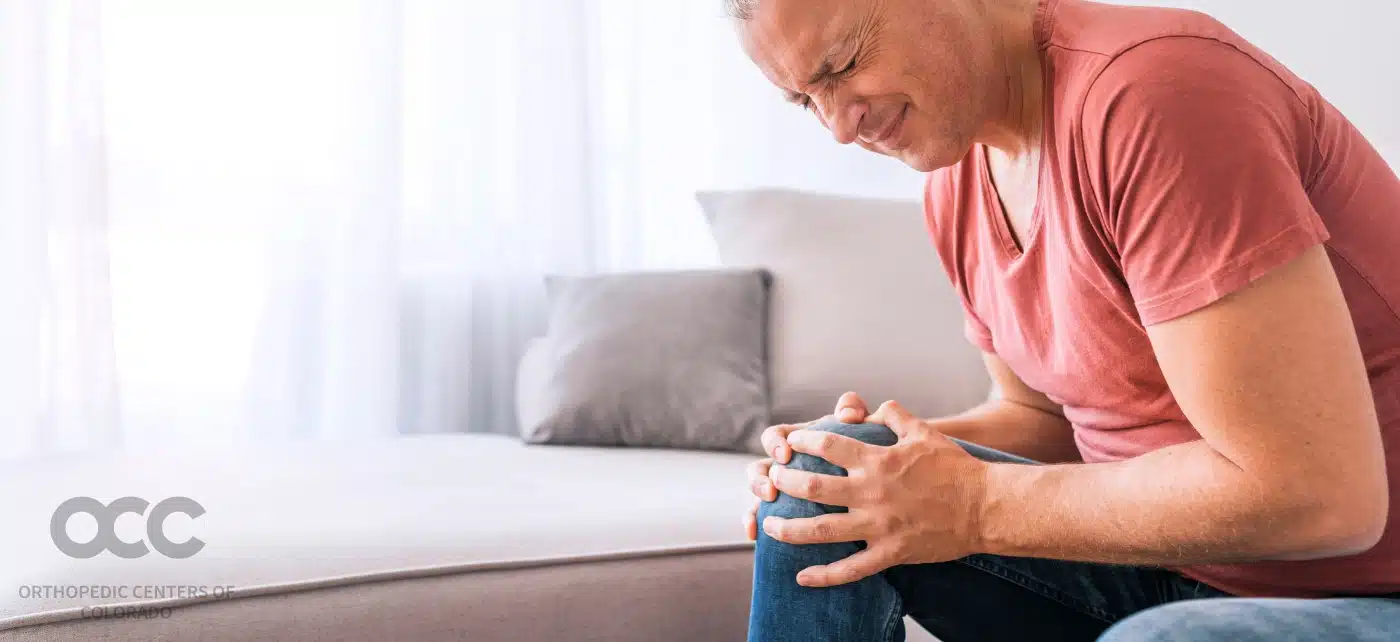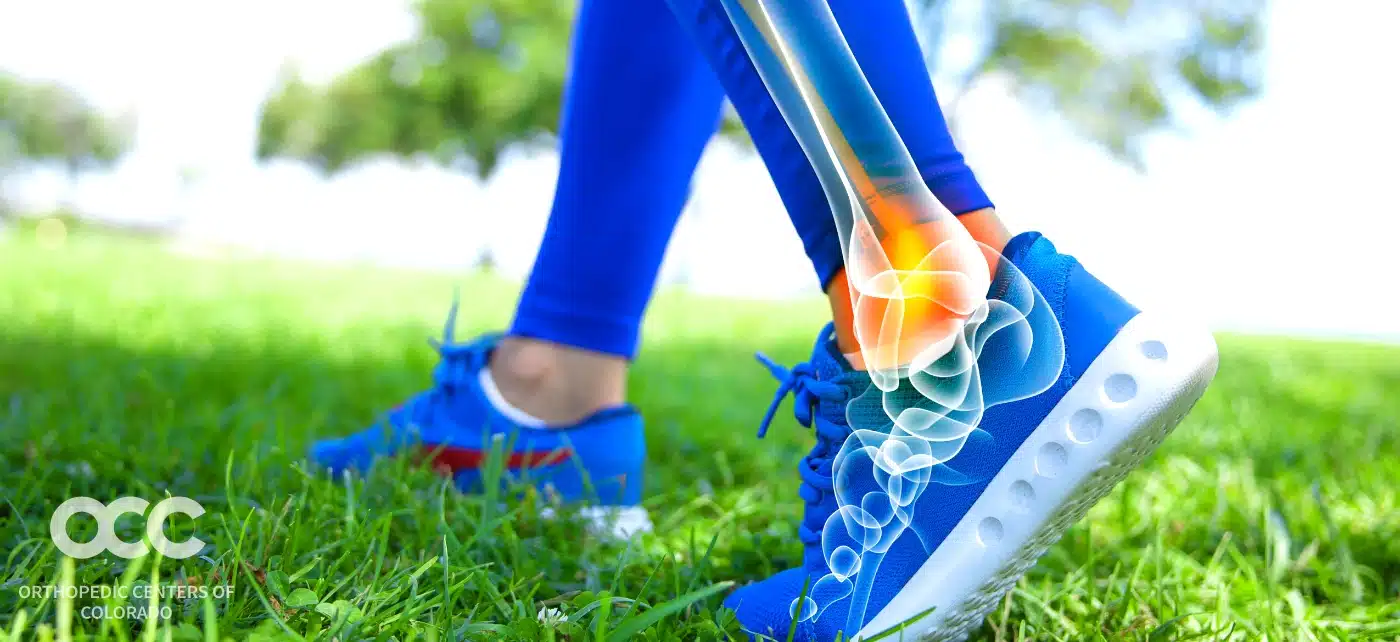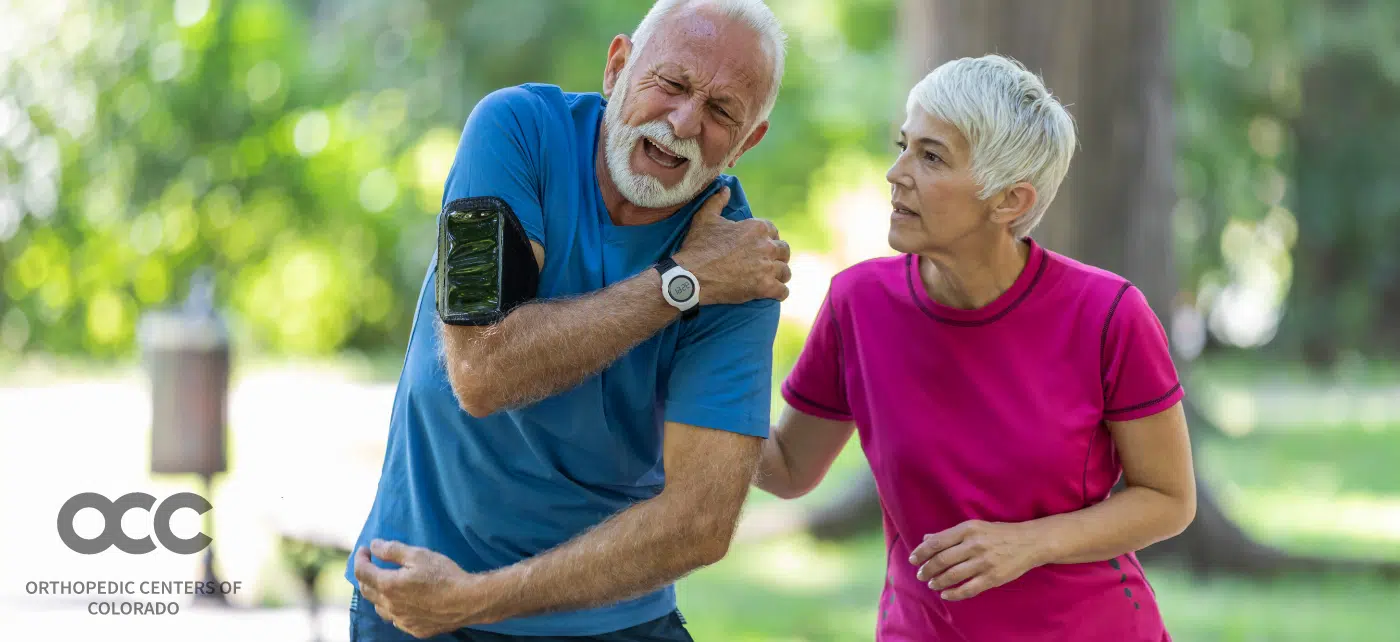Joint replacement surgery is a procedure to remove and replace an arthritic, worn out, or otherwise painful and damaged joint, whether in part or whole.
Each year millions of people undergo joint replacement. While total hip replacements and knee replacements are the most commonly performed, a joint replacement can be performed on other joints, including the ankle, wrist, shoulder, and elbow.
Whether an injury is acute (sudden) or it’s caused by a chronic, degenerative condition such as arthritis, joint replacement surgery allows patients to regain strength, improve their range of motion, relieve pain and restore function.
Depending on which joints are affected, symptoms of joint conditions that can be addressed with joint replacement surgery include chronic and severe pain, stiffness, swelling, frozen or locked joints, limited range of motion, grinding or popping of the joint, and weakness or instability of the joint.
Prior to pursuing surgery, patients may get relief from anti-inflammatories (such as ibuprofen and acetaminophen), steroid injections, exercises, the use of mobility aids like canes and walkers, or even weight loss to lessen the burden on the joint.
Joint replacement surgery may be recommended after conservative treatments have been exhausted and radiographic technology such as X-rays, CT, MRI, or ultrasound imaging has been done to evaluate the health of the joint, including the presence of joint cartilage.
A person’s overall health and age are considerations for if and when to proceed with joint replacement due in part to the life of joint replacement implants, which function well for 10 to 15 years, on average. Surgeons and their patients will consider not only the immediate benefits of joint replacement but the timing of and the potential need for additional procedures down the road as the prosthetic joint wears out.
Surgery such as total hip replacement is typically performed in a hospital and usually takes a few hours. Most patients can return home in 2-3 days, but with more minimally invasive outpatient procedures, some may have surgery in a non-hospital setting, such as a surgical center, and go home that same day. Physical and occupational therapy will start immediately to get patients strong and more mobile.
Recovery depends on each patient, the type of joint being replaced, and the post-operative care plan that is implemented. Total hip replacement, for example, tends to be simpler than total knee replacement, and recovery is often quicker and easier.
One of the most important aspects of ensuring an artificial joint will last as long as possible is the precise and accurate alignment of the new joint during surgery. This takes skill and experience that only comes from top surgical specialists.
Advanced Orthopedic & Sports Medicine’s experienced surgeons who focus on joint replacement are highly sought after. Patients benefit not only from the latest technological advancements and procedures but from a comprehensive approach to delivering world-class care from diagnosis through rehabilitation.
At Advanced Ortho, our goal is simple: to be your first and foremost choice for joint replacement. Our offices are conveniently located across the front range, and it’s easy to make an appointment. Find the provider that fits your needs, and contact us today.
Common Joint Replacements

If you’ve been living with knee pain because a knee replacement seems overwhelming, it may be time to revisit the idea of a Total Knee

Ankles are hard at work supporting your weight and making it possible for your to use your feet. Standing, walking, running, jumping, and even sitting

No one should have to suffer from shoulder pain when there are many treatments to alleviate the problem, including a Total Shoulder Replacement. Before any

Shoulder pain can stem from a variety of injuries or diseases or overuse. Identifying the source of the pain and the extent of the damage
For More Information Call (303) 344-9090
We are committed to ensuring that our website is accessible to individuals with disabilities. If you need assistance using our website or assistance with a document on the website, we can help you. Please contact us by emailing info@advancedortho.org for any questions or concerns.